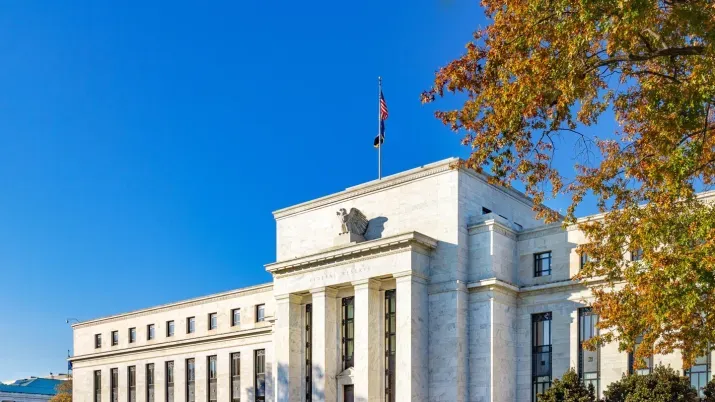Major Step Toward Normality in European ABS
TwentyFour
European ABS primary markets re-opened late last week with the pricing of the first publicly syndicated deal since recent events took hold of global financial markets. Long-standing issuer BMW priced a 1.6-year AAA German Auto ABS deal at three-month Euribor +40bp, having increased the size of the deal to €700m and finishing around 1.7x oversubscribed.
We understand the order book saw broad interest, and we expect the European Central Bank also participated as part of its active ABS Purchase Programme (ABSPP). For context, Volkswagen priced its last comparable German auto deal in late February at 3mE+16bp, so BMW’s effort represents a very modest retrenchment in pricing for what are widely regarded as high quality bonds.
The ABS market has had a more stable spread backdrop for several weeks now, and the gradual grinding tighter for spreads was enough to tempt BMW into resuming is regular funding programme. Unsurprisingly there is already a similar German Auto ABS deal on the way from Mercedes, which will no doubt see its rival’s price level as a target.
However, recent issuance across fixed income markets has shown a marked difference in costs by perceived issuer quality, and ABS has been no different, with deals backed by well-known names such as auto manufacturers or high street banks generally faring better. On Friday, for example, we also saw the issuance of an orphan Irish RMBS deal backed by seasoned loans (some of which have negative historical performance or carried incomplete loan paperwork) with its AAA bonds priced at 3mE+150bp, when a comparable 2018 deal was priced at 3mE+65bp. Such issuers can also expect investors to require more conservative structural features, such as larger coupon step-ups or more restrictive covenants, in favour of bondholders.
Such was the speed of the COVID-19 disruption, many regular issuers would have been caught off guard part way into the structuring of new deals earlier this year, and should therefore be in a state of readiness. BMW’s success has given syndicate desks a much needed gauge of investor appetite and valuable pricing context for enticing such issuers. Despite the breakthrough, the disruption still leads us to expect a low issuance volume for the year, particularly because several large bank lenders have attractive central bank funding options, such as the re-invigorated Term Funding Scheme (TFSME) in the UK.
Post-global financial crisis, the first public European ABS deal was a UK Prime RMBS from Lloyds Bank’s Permanent programme, which took a full 12 months to surface. This time around, while we were confident the famine would be shorter, we have been a little surprised at the recovery speed, with spreads in prime product retrenching a long way toward their pre-virus levels. The GFC saw the European ABS market go through what we consider its first full economic ‘acid test’, and it outperformed expectations with exceptionally low realised bond losses. This time round, ABS is arguably a small part of the solution to economic recovery because of its link to real economy lending, and so we see this return of primary activity ahead of our own expectations as a major step toward normalisation.







